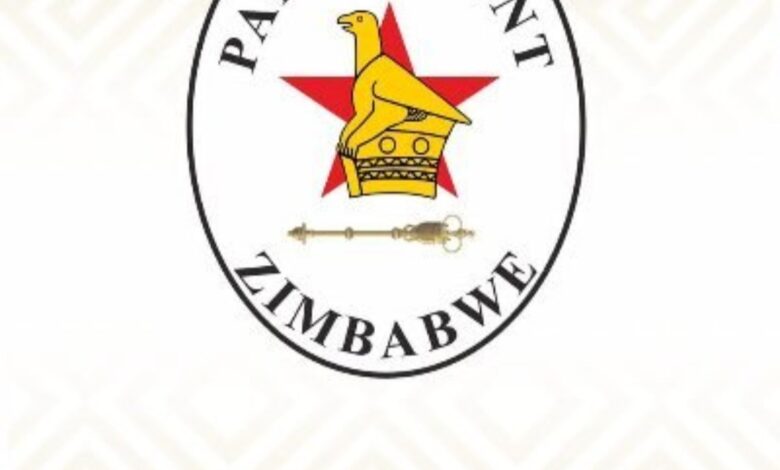Senators push for inclusion of women in traditional leadership and village courts

Duduzile Nyathi
The Zimbabwean Senate has reignited the conversation around the full inclusion of women in traditional leadership and community courts, with strong calls for the recognition, respect, and participation of female chiefs across the country.
The discussion, which unfolded during the Senate sitting on May 20, 2025, centered on a motion introduced by Hon. Senator Chief Nechombo on the role of traditional court systems in Zimbabwe.
In a passionate and widely supported debate, Senators from across the political spectrum underscored the urgent need to institutionalize gender inclusion within customary governance structures.
“May they (female traditional leaders) be installed… even those that are young,” said Hon. Senator Mohadi, referring to emerging female chiefs, especially in Matabeleland. She further emphasized, “Right now, we have no female chiefs in the Senate… but it will be rectified in due time.”
Echoing this sentiment, Hon. Senator Hungwe advocated for gender-sensitive reforms: “In the past, most women were not allowed to preside in the village court meetings. I am pleading with this Senate… to include women… Even in major roles, so that we can include women to be part of this cause.”
Several Senators acknowledged the significant cultural and spiritual roles played by traditional leaders in Zimbabwe. Hon. Senator Munzverengwi highlighted the changing rural dynamics post-land reform and called for proper documentation of traditions to guide leadership structures. “Some village heads are not from those areas and may not respect local norms… It is my wish… to ensure that these three categories merge and harmonize so that documentation may clearly show how they operate,” she stated.
The issue of accessibility and effectiveness of traditional courts was also raised. Hon. Senator Tongogara noted that community members trust traditional courts more than formal courts due to their affordability, faster resolution of cases, and cultural relevance. She said, “Traditional courts are friendly… there are no backlogs… very few people afford lawyers in our modern courts.”
There were repeated calls for government support to enable traditional leaders—particularly women—to function effectively. Hon. Senator Mohadi urged that “our chiefs be given traditional halls where they can hold their court procedures… respectable places or halls. This is critical.”
The debate concluded with a strong consensus: Zimbabwe’s cultural preservation must include gender equity, and the traditional leadership space cannot afford to exclude women. Senators urged the Ministries of Justice and Local Government to collaborate with traditional leaders and ensure women are both included and respected in traditional leadership structures.





